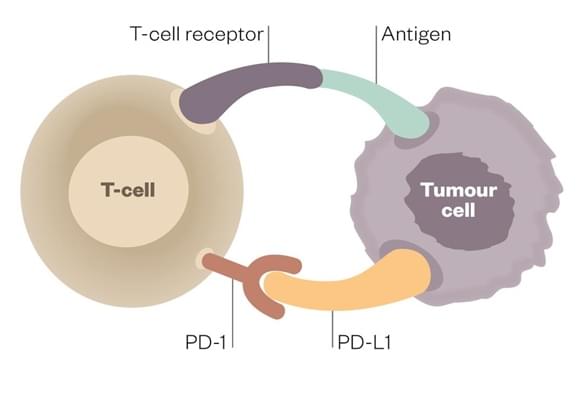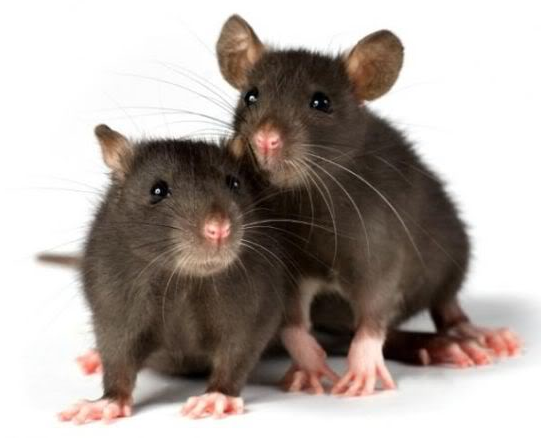Hi-Affi™ Humanized PD-1 Immune Checkpoint Knockin Mouse Model
As a long-term leading innovator, Creative Biolabs has integrated multiple best-in-class transgenic animals sources for therapeutic antibody development and evaluation. Recently, in order to facilitate diverse hot-spot immunotherapy antibody programs, we have established a featured class of humanized immune checkpoint knock-in mice using advanced gene editing. Especially, we now provide PD-1 humanized mice to our global customers as an amazing tool for anti-PD-1 antibodies preclinical efficacy studies.
PD-1/PD-L1 Immune Escape
Management of cancer is a big problem, not only because the difficulties in developing new drugs but also because tumor cells usually acquire resistance to anti-cancer drugs to avoid immune destruction (immune escape). One of the most important mechanisms of immune escape is the interaction between the Programmed Death 1 (PD-1) receptor on cytotoxic T lymphocytes (CTLs) with the Programmed Death Ligand 1 (PD-L1) on cancer cells. The PD-1/PD-L1 interaction is one of the most important immune checkpoint regulators that inhibit adaptive T cell responses. With the interaction of PD-1 and PD-L1, the self-tolerance of tumor cells is improved, and the duration and amplitude of immune responses are limited.
The PD-1 receptor (also known as CD279) is expressed on the surface of activated T cells. Its ligand, PD-L1 is commonly expressed on the surface of dendritic cells or macrophages. When PD-L1 binds to PD-1, an inhibitory signal is transmitted into the T cell to reduce cytokine production and suppress T-cell proliferation. This regulating system ensures that the immune system is activated only at the appropriate time to minimize the possibility of chronic autoimmune inflammation.
 Fig.1 PD-1/PD-L1 immune escape.
Fig.1 PD-1/PD-L1 immune escape.
By activating the PD-1/PD-L1 mechanism of immune regulation, tumor cells evade detection and inhibit the immune response to avoid immune destruction. Generally, PD-L1 is over-expressed on tumor cells or on non-transformed cells in the tumor microenvironment. This protein binds to PD-1 on the surface of activated T cells, which leads to the induction of CTL anergy, exhaustion, apoptosis and decreased cytokine production. In addition to interfering with CTL function, PD-1/PD-L1 interaction increases tumor cell resistance to pro-apoptotic signals including those delivered by cytotoxic immune effectors, staurosporin, and Fas ligation.

Currently, there have evolved multiple monoclonal antibody agents intended to interfere with PD-1, thus restoring the tumor-suppressed immune function. For instance, anti-PD1 antibody drugs have shown robust clinical responses in patients with heavily-pre-treated advanced cancers.
Development of PD-1 Immune Checkpoint Knock-In Mice
While most of the in vivo oncology assays employ human tumor xenografts growing in immunodeficient mice, this approach is inadequate to test immunotherapy, as immunodeficient mice lack a human immune system. Therefore, mice with human functional hematopoietic cells or human knock-in (KI) genes represent a much more attractive choice to test drugs targeting human immune cells. Creative Biolabs has developed a serial of well-established human immune checkpoint KI mouse models, especially PD-1, to test drugs that target human immune cells.
Meanwhile, we can also provide a broad range of immune checkpoint mouse models, including but not limited to:
After years of painstaking research and development, we now launch a complete range of other Humanized Mouse Models for selection. Please feel free to contact us for more details.
For Research Use Only.
